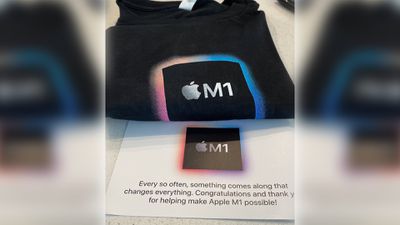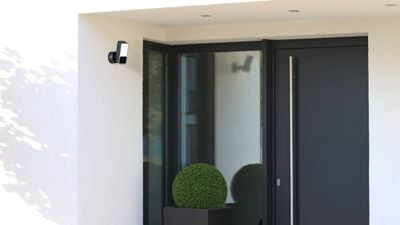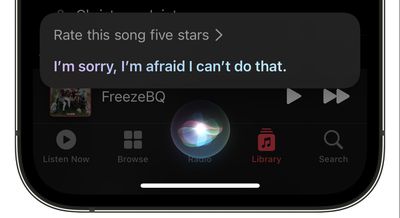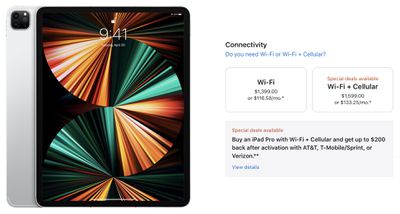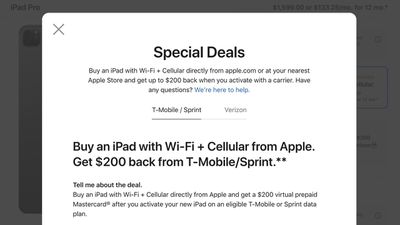One of the Wallet features introduced in iOS 15 was support for home keys, which will let users add digital keys for compatible HomeKit door locks to the Wallet app on their iPhone and Apple Watch. With the system, users can take advantage of NFC connectivity to quickly unlock their home by simply bringing their device close to the lock.
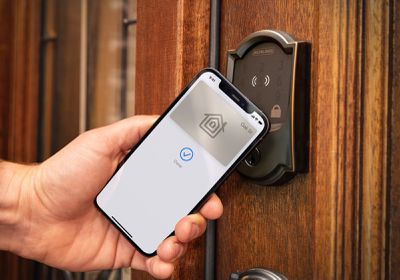
Schlage today is introducing the Schlage Encode Plus Smart WiFi Deadbolt, which is the first smart lock in North America to support Apple's home key system.
The Encode Plus operates as a traditional HomeKit deadbolt, working over Wi-Fi without the need for a separate hub to integrate with the Home app across Apple's platforms. As part of the HomeKit setup process, however, you're also offered the option of adding a home key for the lock in the Wallet app.
With Apple's home key system, you won't need to unlock your iPhone or Apple Watch in order to unlock your door, and it supports Power Reserve so it will continue to function for up to five hours after your iPhone runs out of battery.
It is also a traditional keypad deadbolt with physical key backup, so there are multiple options for unlocking your door. Up to 100 access codes can be created to distribute to users who may need access to your home, and the codes can be scheduled to be valid only at certain times or revoked if no longer needed.
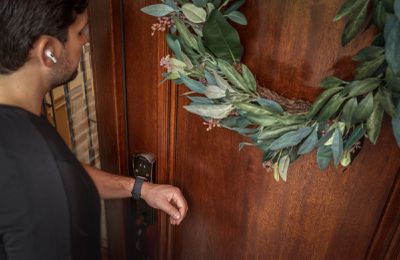
In addition to HomeKit and Apple home key support, the Encode Plus also features Google Assistant and Alexa support.
The Encode Plus will be priced at $299.99 and will launch this spring. It will be available in two versions, a more traditional Camelot style and a more modern Century style, with both styles available in several color options.


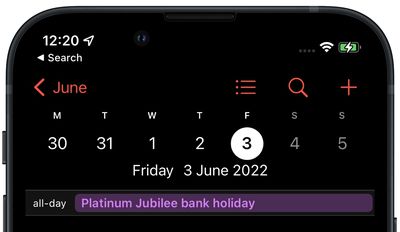
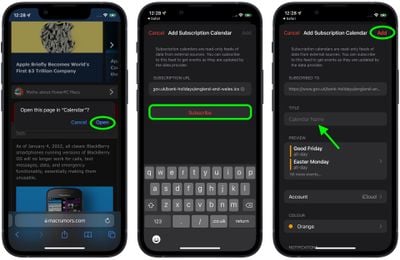
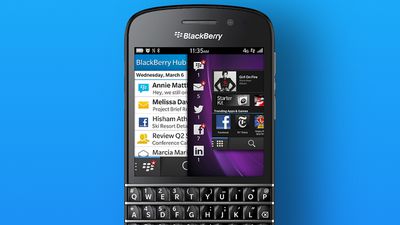
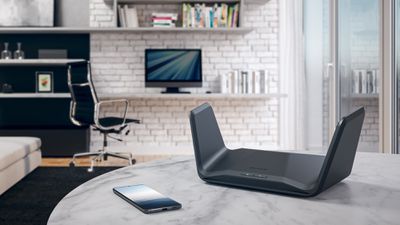
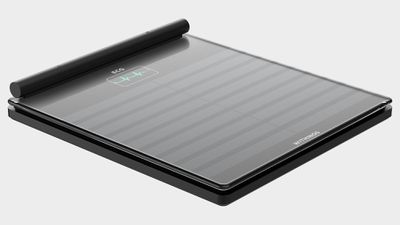
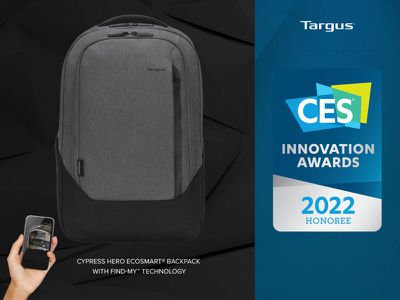
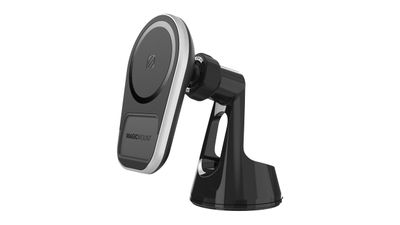
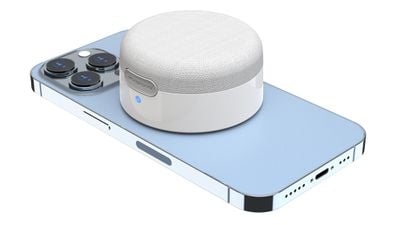
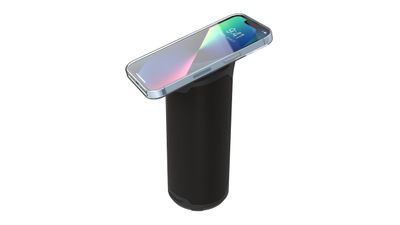
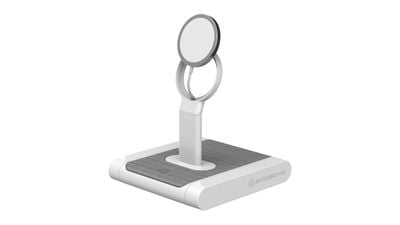
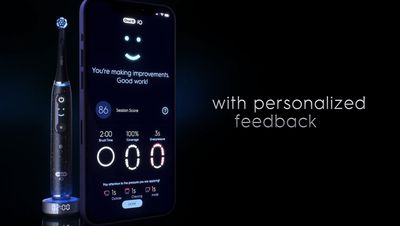
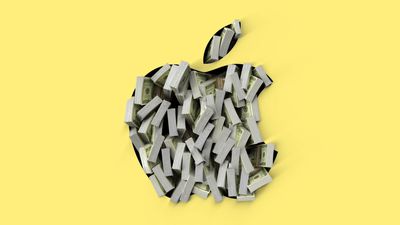
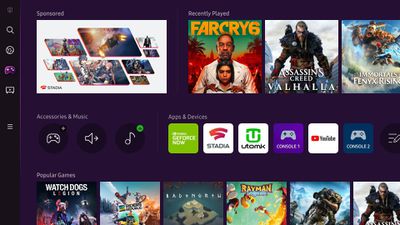

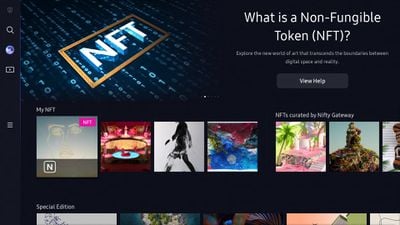
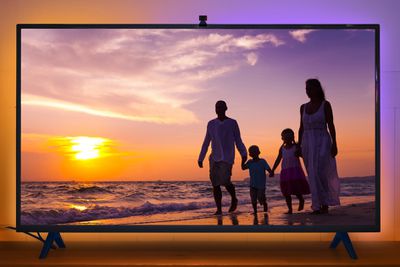

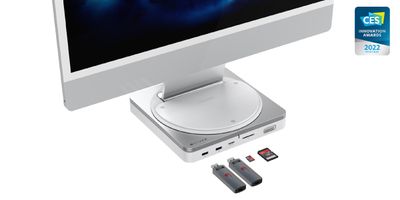
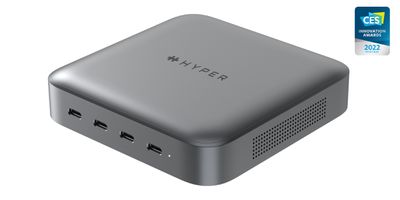
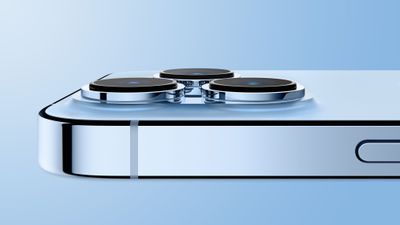
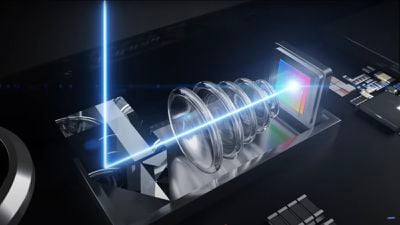
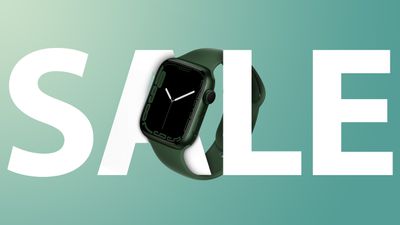 Note: MacRumors is an affiliate partner with some of these vendors. When you click a link and make a purchase, we may receive a small payment, which helps us keep the site running.
Note: MacRumors is an affiliate partner with some of these vendors. When you click a link and make a purchase, we may receive a small payment, which helps us keep the site running.